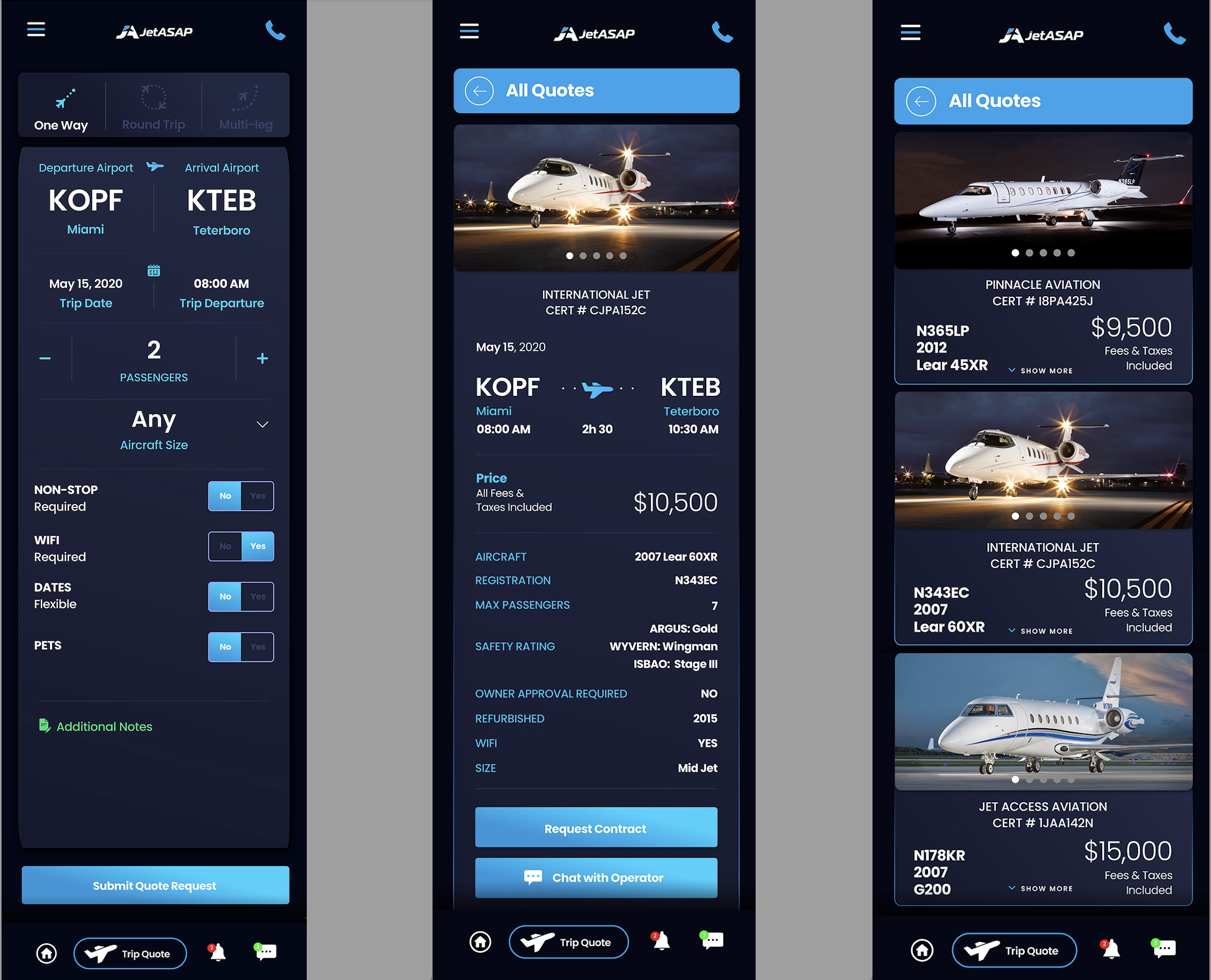Need a private jet in a hurry? JetASAP says its new app is the ‘world’s first completely free self-service jet charter marketplace that makes chartering aircraft fast and simple, by invitation only’. Olivia Palamountain reports
Lisa Sayer, Founder and CEO of JetASAP and a private aviation industry veteran of more than two decades, offers insight into how her company is a “true disruptor” in the industry, offering a “DIY” charter service that is well beyond the mainstream market.
How would you describe the JetASAP service in relation to the travel industry?
“We tend to describe ourselves as the ‘home advisor’ of private jet travel because we are a neutral platform that does not charge the user. We could also say we’re the ‘Airbnb’ of private air travel in that we allow people to directly source aircraft that are not in use and are being offered for charter.
“We are the first and only service that is empowering retail clients to directly source and book private travel at wholesale rates with complete transparency and no need to pay commissions, membership charges or other fees.”
How is JetASAP different from existing on-demand private charter services?

“When using on-demand jet charter, clients primarily work through brokers to source and book travel on-demand with no commitments. We are different because we allow retail clients to directly book private travel for free with full transparency. This is unique in the industry and a democratizing game-changer.
“To provide a relatable example, this is similar to when Zillow launched in the real-estate industry. Prior to that, the MLS (real-estate listing service) was very difficult to access directly without the assistance of a real estate broker.
“Once Zillow arrived, anyone could directly search for homes without a middleman. Right now, accessing charter operator information is difficult without brokers, and JetASAP is acting like Zillow in this case, providing immediate direct access.”
With the popularity of jet cards, why should consumers choose JetASAP?
“Though jet cards sometimes have the advantage of coming with guaranteed availability within a certain number of hours, and while some do allow funds to be used with on-demand travel at lower rates, there are risks.
“Operators can use the money for operations rather than keeping it in escrow and then become unable to fulfill the agreement due to bankruptcy or other reasons. There is a very real danger with trusting any company with so much money in advance when the on-demand charter market can often fulfill a flyer’s needs.
“Additionally, a large number of companies offer jet cards that allow retail clients to put money on an account (typically US$100k, but as little as US$25k) and then pay a fixed hourly rate for different classes of aircraft. These rates tend to be higher than on-demand rates because providers charge one-way hourly rates to offer point-to-point pricing.
“For example, if a typical light jet costs US$2,500 per hour, a jet card provider might charge US$5,000, but then only charge flyers for the time they use. However, the math works out to be the same, and it can be detrimental to a flyer when an on-demand charter operator can operate point-to-point.”
What is the difference between JetASAP and existing membership services?
“Similar to jet cards, membership companies charge an annual fee to belong, and then charge additional fixed hourly point-to-point pricing on a variety of aircraft, typically with guaranteed availability within a certain number of hours.
“However, as with jet cards, hourly rates can be very high compared to on-demand charter in some cases. Also, these companies can end up going out of business, leaving many members out thousands of dollars in membership fees. A recent high profile bankruptcy left members out millions in non-refundable deposits which had not yet been used.
“Having said that, jet cards and memberships are popular because most flyers are unfamiliar with booking charter and like the predictability, convenience and consistency of human support and a typically closed group of aircraft operated by a single company, as well as guaranteed availability, when offered.
“However, as flyers become more savvy, they are looking for another solution that empowers them to control their travel without paying exorbitant rates, and that is the mission of JetASAP.”






